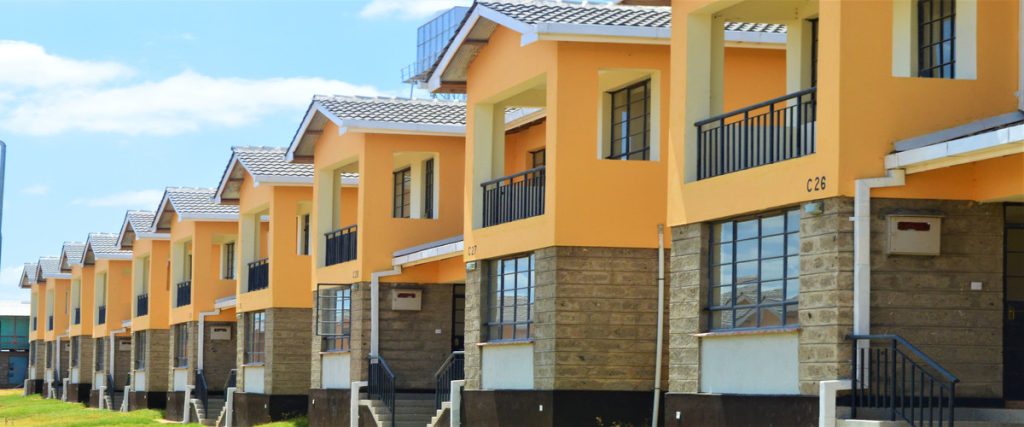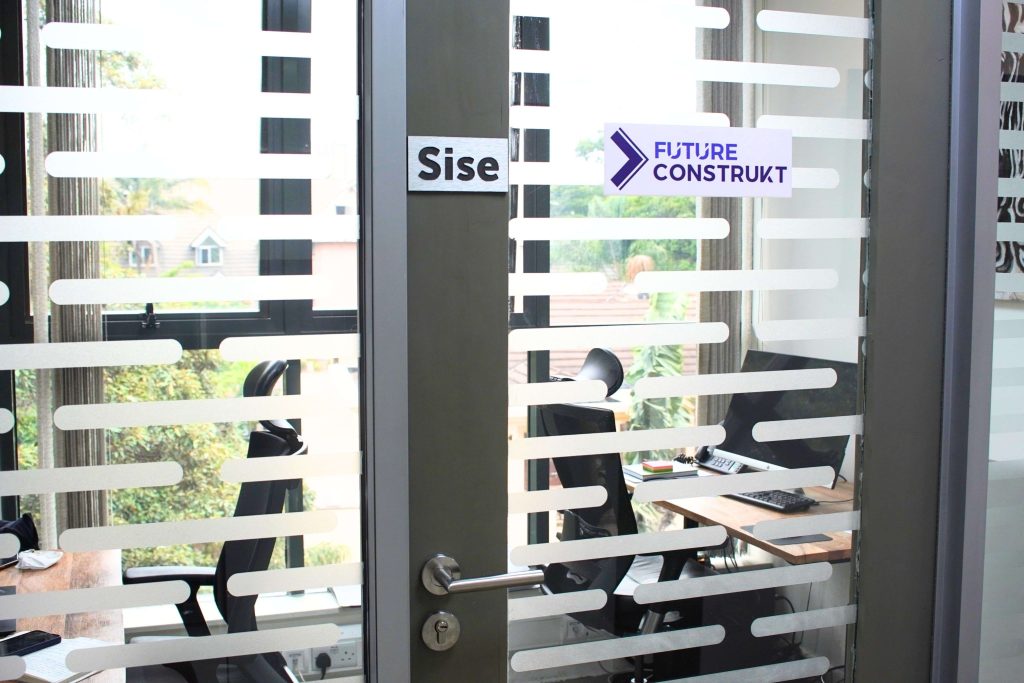
Kenya’s affordable housing agenda aims to deliver at least 200,000 housing units annually—a target that can only be achieved through the efficient deployment of capital.
Traditional financing models have often fallen short, underscoring the need for innovative, scalable solutions.
As the government accelerates efforts toward achieving these ambitious goals, it is crucial to address the systemic challenges that have long held back the real estate sector.

While strengthening of infrastructure, public-private partnerships (PPPs) and investor-friendly housing policies have opened new avenues to attract capital towards deployment in real estate, more must be done to develop compelling investment and financing structures that enable access to affordable homeownership—resilient enough to meet unsatisfied demand and the rising pressures of increasingly aspirational, growing urban populations.
Following the economic shocks of the early 2020s, the real estate market—particularly residential housing, offices and hospitality—are experiencing a rebound.
This renewed activity presents fresh opportunities for investment and urban development.
By reassessing current policy priorities and aligning them with emerging trends, Kenya can catalyze progress toward its housing targets, particularly within well connected transport and digital infrastructure nodes that stimulate economic activity, and give rise to new and emerging residential and commercial zones.

Achieving the vision of modern, eco-friendly housing will require strategic capital deployment into high-quality developments that prioritize sustainability—such as mixed-use spaces, green-certified buildings, and energy-efficient residential units.
Mobilization of institutional capital will be key to making this vision a reality.
With Construkt Africa’s Kenyan subsidiary, Future Construkt Investment Managers, having been granted a REIT Manager license by the Capital Markets Authority (CMA), Construkt Africa is enabling introduction of institutional-grade Real Estate Investment Trusts (REITs) tailored for sophisticated investors. These REITs offer a pathway for institutional investors to participate in Kenya’s highly under-supplied affordable housing sector—especially in high-growth urban areas—without the complexity of direct property ownership or management.
As African economies urbanize, the demand for quality housing and business infrastructure is becoming more critical. Construkt Africa’s strategy aligns with the broader vision for smart, green cities—delivering developments that enhance connectivity, environmental sustainability, and quality of life.
The evolution of Kenya’s real estate sector calls for bold financial innovation.By providing accessible, regulated investment vehicles through REITs, we can unlock patient private capital for projects that will define the future of urban living.
Construkt Africa’s REIT model ensures a structured, scalable approach to development—enabling large-scale, master-planned project implementation while maintaining strong financial viability.
 This not only accelerates housing delivery but also supports better urban planning through integrated communities with essential infrastructure and services.
This not only accelerates housing delivery but also supports better urban planning through integrated communities with essential infrastructure and services.
Kenya’s vision for smart, sustainable cities is setting a benchmark for the region.With the right mix of policy support, macroeconomic stability, and investor confidence, the environment is ripe for REITs to thrive.
The anticipated appreciation of real estate assets further highlights the long-term value for investors—and the critical role these instruments can play in meeting the nation’s housing ambitions










